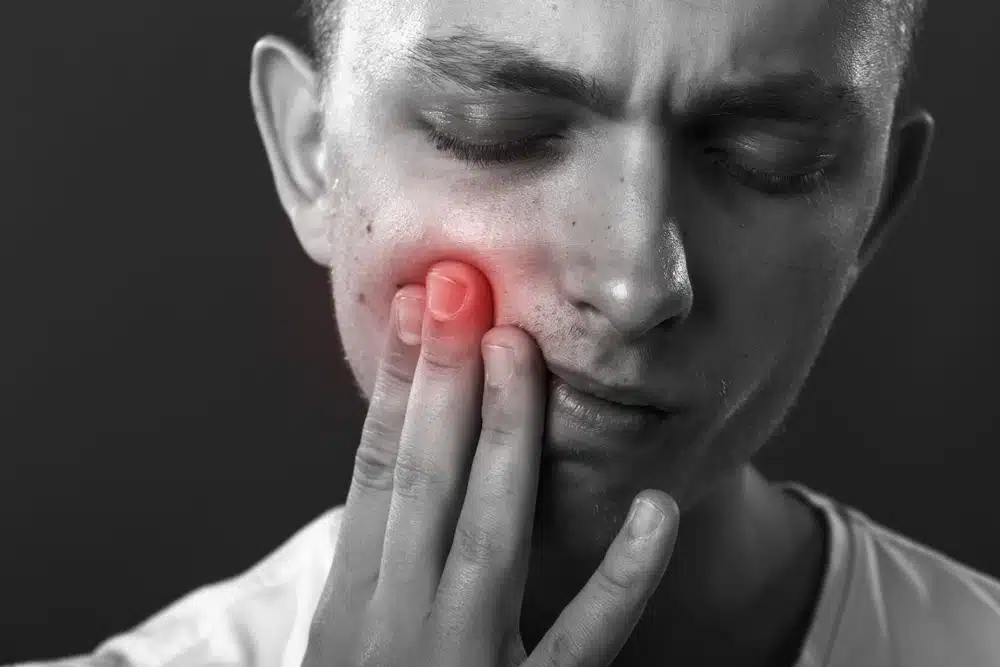Dealing with dental sensitivities and the fear of post-operative pain can be a daunting experience for many patients. Whether it’s an aversion to traditional pain relievers or concerns about discomfort after a procedure, these challenges can often deter individuals from seeking necessary dental care. However, there are various solutions available to help alleviate these concerns and ensure a more comfortable experience.
Understanding Dental Sensitivities:
For some patients, traditional pain relievers like acetaminophen or other NSAIDs (non-steroidal anti-inflammatory drugs) may not be suitable due to sensitivities or allergies. This can pose a significant hurdle when it comes to managing dental discomfort, especially after procedures such as extractions or root canals. Additionally, some individuals may experience heightened sensitivity to certain dental materials or procedures, making pain management more challenging.
Exploring Alternative Options:
Fortunately, there are alternative pain relief options available for patients with sensitivities to traditional medications. One such option is the use of topical numbing agents or prescription-strength pain relievers, which may be recommended to provide targeted relief without the risk of systemic side effects.
Addressing Post-Operative Pain:
To minimize post-operative discomfort, dentists may employ various techniques and strategies tailored to each patient’s needs. This could include the use of advanced pain management protocols, such as local anesthetics with longer-lasting effects or nerve blocks to numb specific areas of the mouth. Additionally, employing minimally invasive techniques during procedures can help reduce trauma and discomfort, leading to a smoother recovery process.
Embracing Holistic Approaches:
In recent years, holistic approaches to pain management have gained popularity among patients seeking alternative solutions. Techniques such as acupuncture, acupressure, and herbal remedies may offer additional relief for individuals with sensitivities to traditional medications. Additionally, mindfulness practices such as meditation and deep breathing exercises can help alleviate stress and anxiety associated with dental visits, promoting a more positive experience overall.
Seeking Individualized Care:
Ultimately, addressing dental sensitivities and post-operative pain requires a personalized approach tailored to each patient’s unique needs and preferences. By working closely with your dentist to discuss any concerns or sensitivities you may have, you can collaborate to develop a comprehensive pain management plan that prioritizes your comfort and well-being.
Remember, you’re not alone in navigating dental sensitivities and post-operative pain. With the right support and guidance, you can find relief and enjoy a healthier, happier smile.
Stay tuned for more insights and tips on optimizing your dental health journey! 🦷✨




